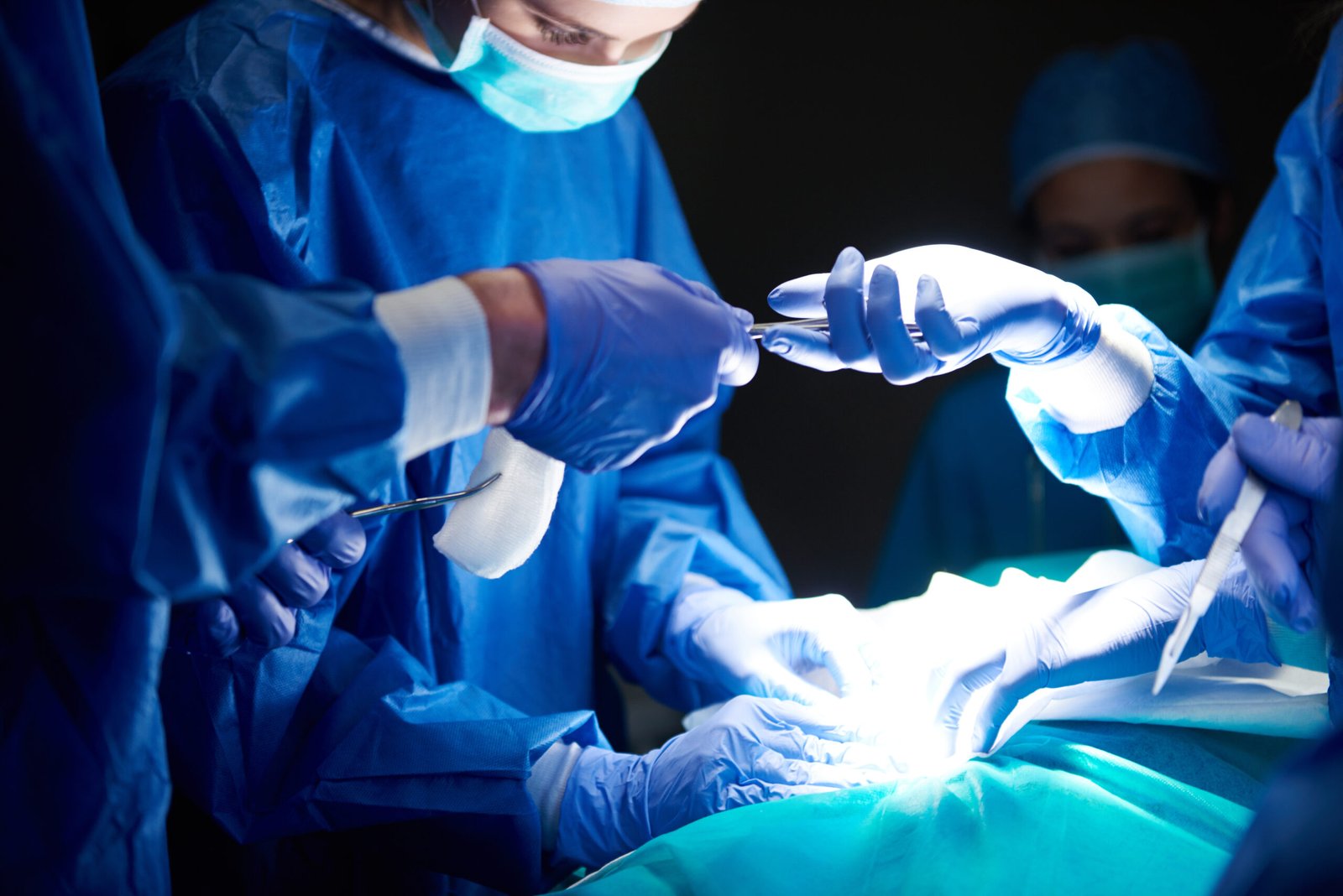Biliary surgery is usually suggested when there is obstruction, stones or other problems with the bile ducts. The process may seem daunting, but understanding the necessary preparation and steps can help patients approach it with greater confidence. This blog explains what to expect before, during, and after surgery, and provides helpful preparation tips.
Understanding Biliary Surgery
The bile ducts are essential for carrying bile from the liver to the gallbladder and small intestine. The digestive process can be disrupted when the ducts get blocked or injured, and this can cause pain, jaundice and infection. A reputable liver and biliary surgery hospital ensures that proper evaluation and treatment are done for patients to get bile flowing normally again. Surgery may involve stone removal, repairing obstructions, or reconstructing a segment of the bile duct.
Patients typically go through comprehensive evaluations before the procedure, such as tests for liver function and scans to determine the specific nature of the issue. All of these are essential to preparing the best surgical plan for the safest approach.
Pre-Surgery Preparation
Your medical team will walk you through some steps in preparation for biliary surgery, preparing your body and mind for the operation. These usually involve:
- Medical testing: Blood tests, imaging scans, and even endoscopic examinations may be done to gain a proper understanding of the bile ducts.
- Medication review: Physicians might modify your existing medications, particularly if you are on blood thinners or anti-clotting medicines.
- Lifestyle modification: Patients are usually instructed to quit smoking and avoid alcohol consumption to enhance healing.
- Pre-surgery dietary instructions: You might be instructed to refrain from eating or drinking for a few hours before surgery.
You must also prepare yourself psychologically. Learning about the procedure and asking questions to your doctor will reduce anxiety.
What Happens During Surgery?
Surgical treatment of a bile duct blockage can be performed through standard open surgery or minimally invasive procedures like laparoscopy. The method depends on the overall health of the patient and the nature of the blockage.
- Anaesthesia: You will be given general anaesthesia during the procedure, which will keep you pain-free and comfortable.
- Procedure: Surgeons access the bile ducts either through tiny cuts or an incision in the abdomen. They remove blockages or repair ruptured sections of the ducts. A stent could be inserted to leave the duct open in some instances.
- Duration: The surgery can take a few hours, depending on how widespread the problem is.
At this phase, the surgical team keeps a close watch on vital signs to ensure patient safety.
Immediate Postoperative Recovery
After surgery, patients are transferred to a recovery room for intensive monitoring. Some of the usual features of immediate recovery are:
- Checking for infection or bleeding signs.
- Pain management using medication.
- Reintroduction of fluids and food gradually once the digestive system is stabilised.
- Encouragement to resume gentle movement to enhance circulation.
Your hospitalisation will take anywhere from a few days to one week, based on your health and the nature of the operation.
Long-Term Recovery and Aftercare
Once discharged from the hospital, recovery at home continues. Patients are advised to listen carefully to the hospital for the easiest way to ensure good healing. Important points are:
- Diet: Consume small, light, and easy-to-digest food. Avoid fatty or greasy foods until the doctor advises that you can digest them.
- Wound care: Maintain the surgical wound clean and adhere to dressing change instructions.
- Follow-up appointments: Go for all regular checks for wound examination and progress assessment.
- Level of activity: Refrain from heavy lifting or exertion until cleared by your medical team.
At reputable liver and biliary surgery hospitals, physicians also offer ongoing support through dieticians, physiotherapists, and specialist nurses to enable patients to regain their strength.
Possible Risks and Complications
As with any operation, biliary surgery is not without risks. These can be infection, bleeding, leakage of bile, or constriction of the bile ducts. But, with competent surgeons, appropriate facilities, and prompt postoperative care, the majority of patients heal effectively with no significant problems.
Patients must seek immediate advice from their doctor if they develop persistent pain, fever, or jaundice following surgery.
Psychological Preparation
It’s natural to feel apprehensive before any major operation. Talking through your fears openly with your doctors can be reassuring. Numerous patients find it helpful to have a chat with counsellors or support groups who can give them valuable tips on handling surgery and recovery. Support from family members also plays a significant role in minimising tension and promoting positive healing.
Why Preparation Matters
Proper preparation for biliary surgery not only minimises complications but also makes patients more confident about their health. By adhering to medical instructions, healthy eating, and preparing themselves mentally, patients are better suited for a smooth procedure and recovery process. Proper planning also minimises recovery time and decreases the likelihood of postoperative issues. It empowers patients to focus on healing and returning to their daily activities.
Conclusion
Preparation for biliary surgery includes medical examinations, dietary and lifestyle modifications, and emotional preparation. Understanding what to anticipate before, during, and after surgery minimises anxiety and aids in the recovery process. With proper preparation and care, patients can go for surgery with confidence and focus on returning to their regular routines.
